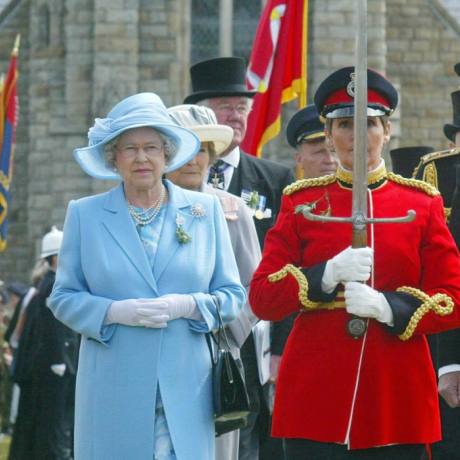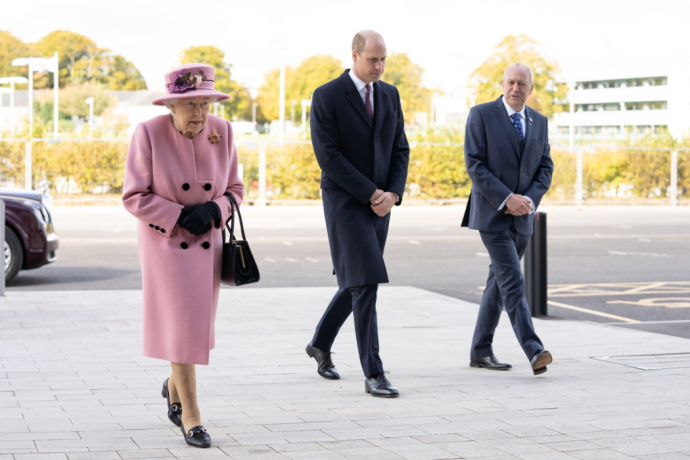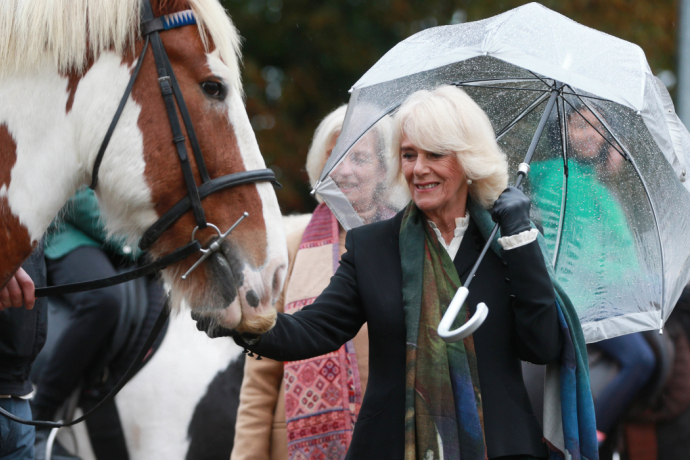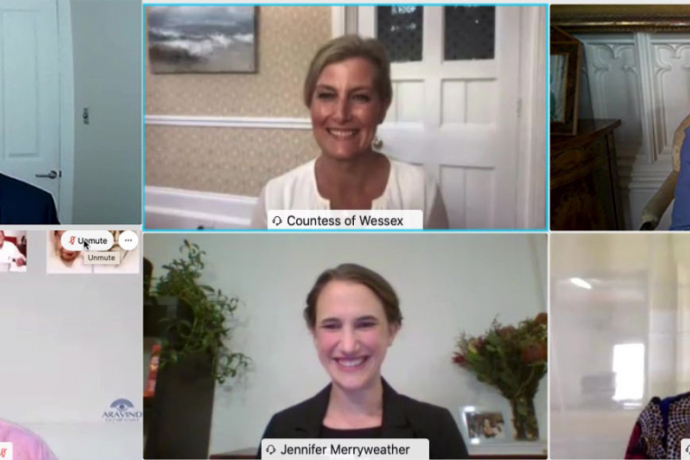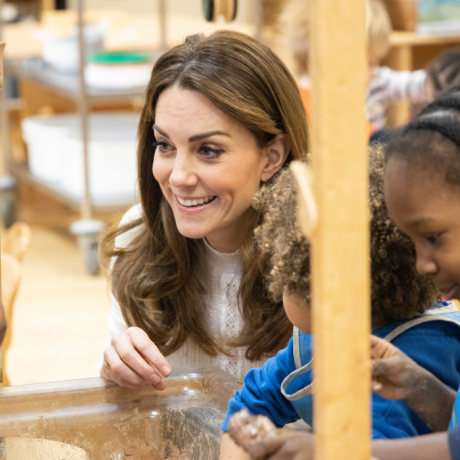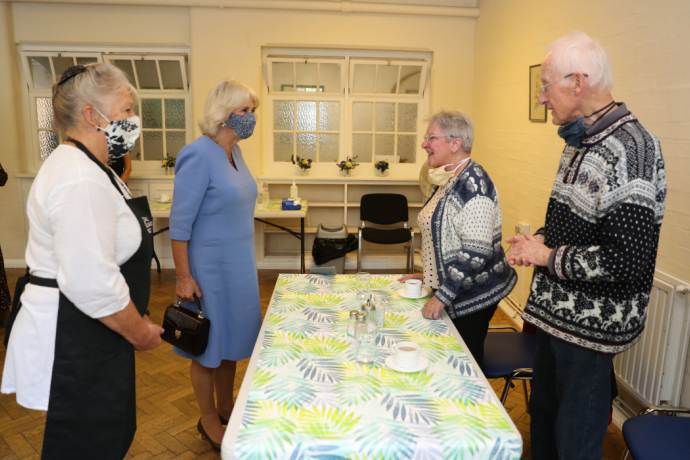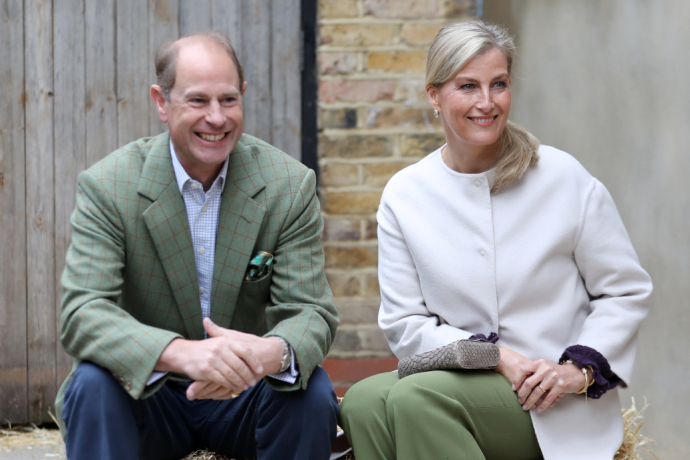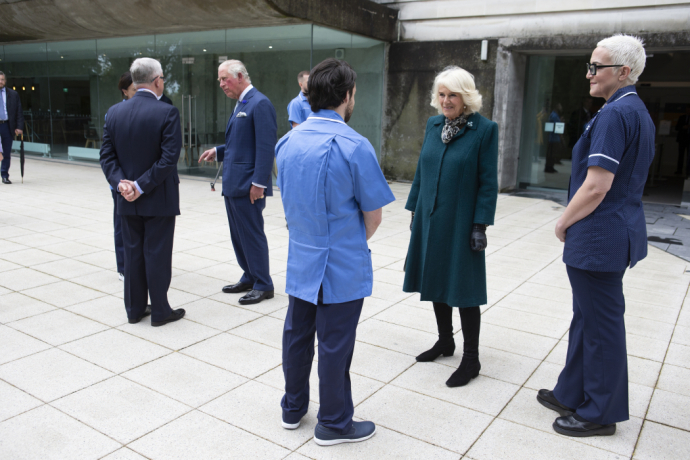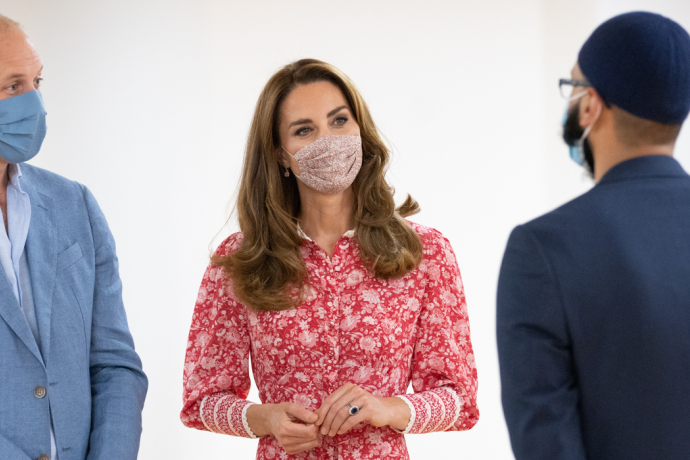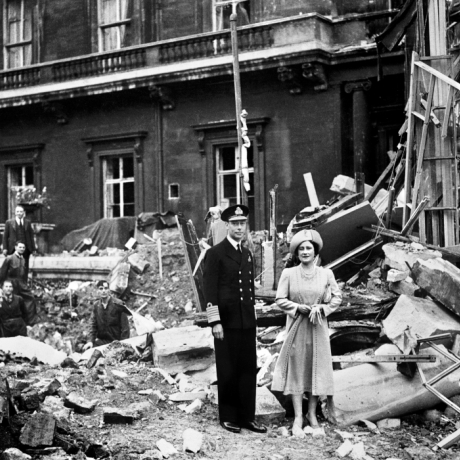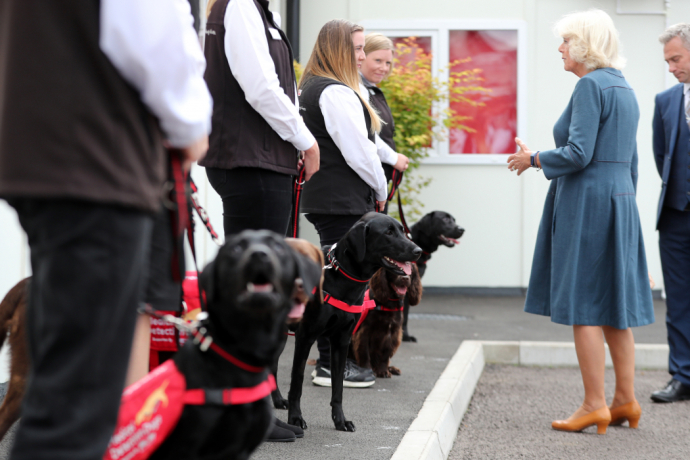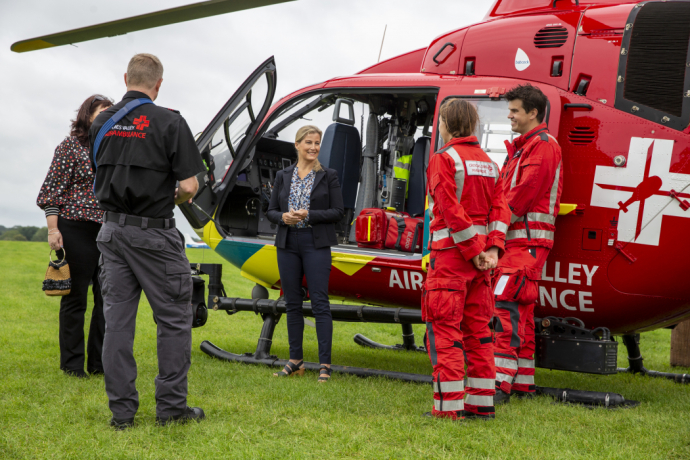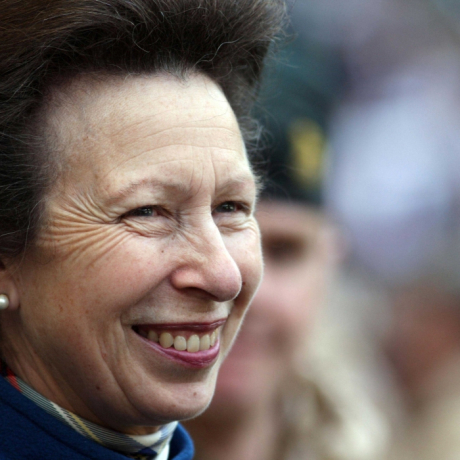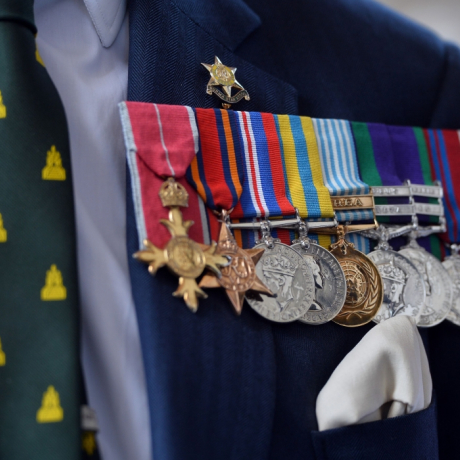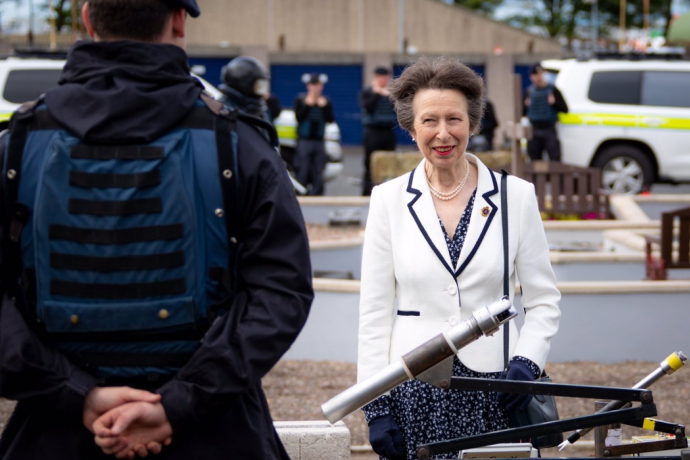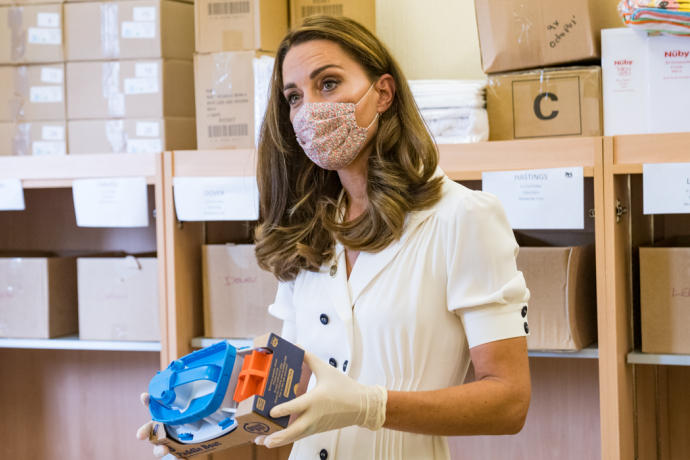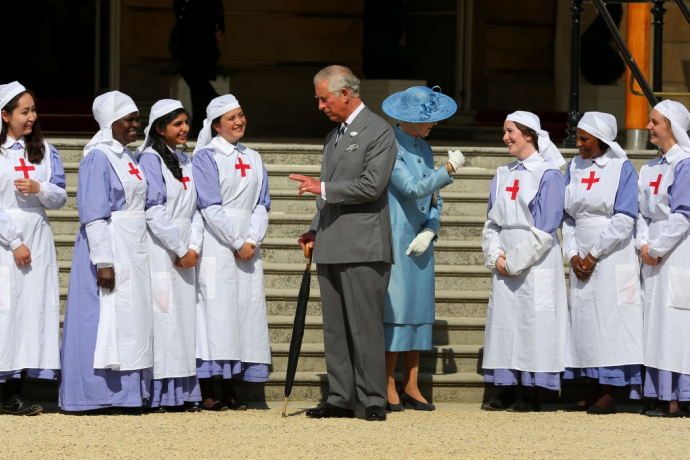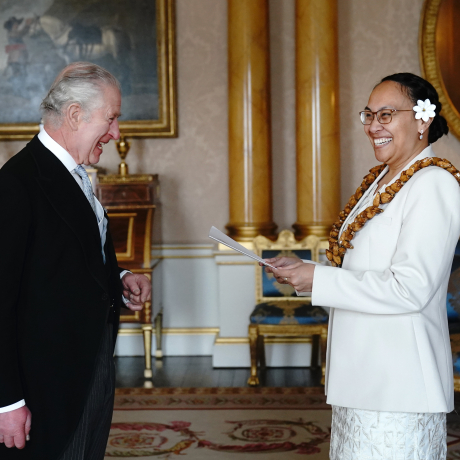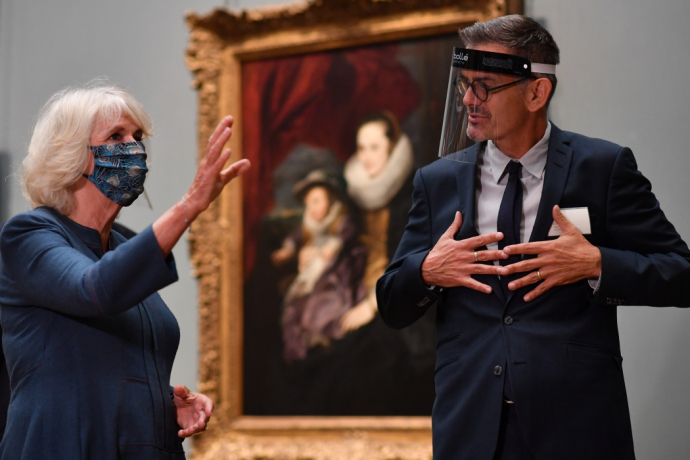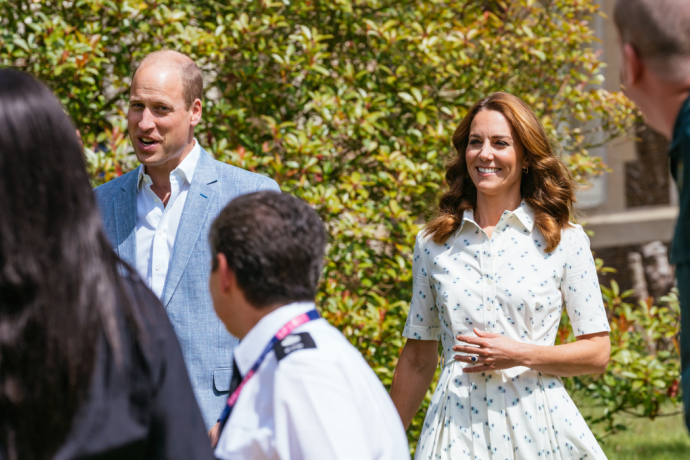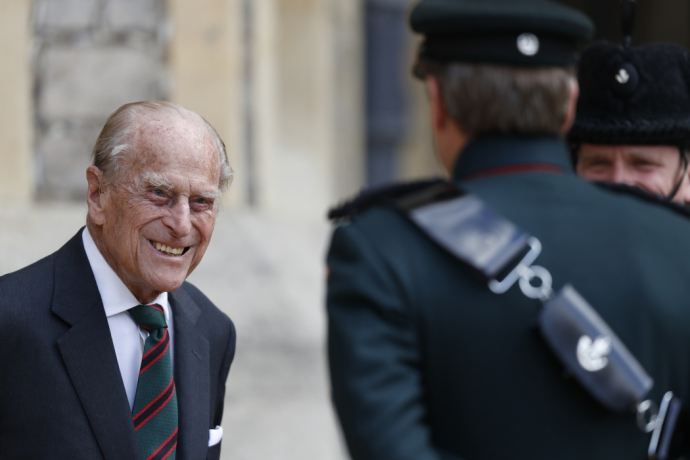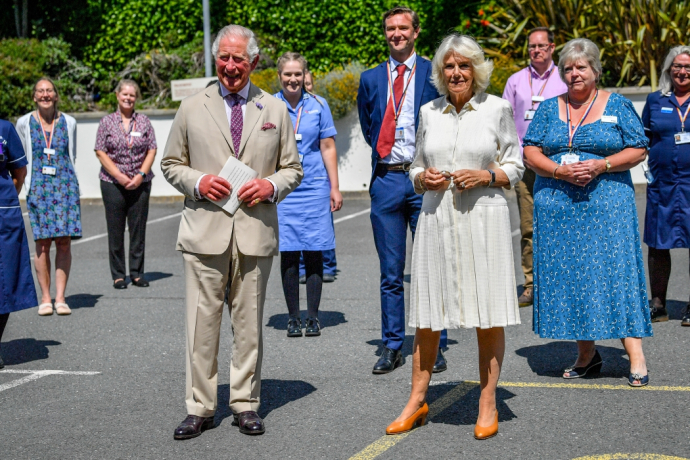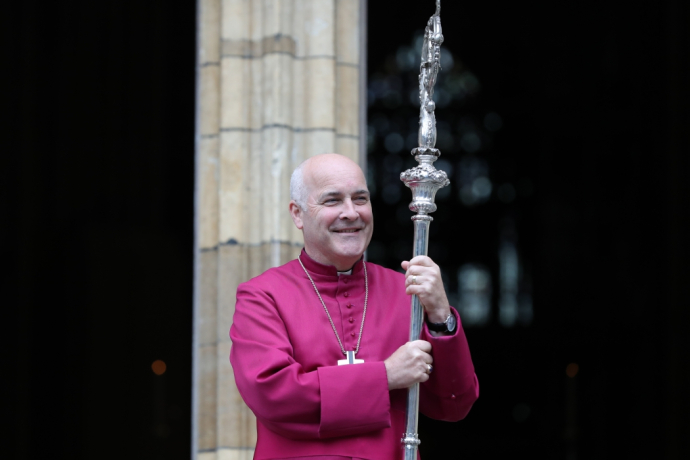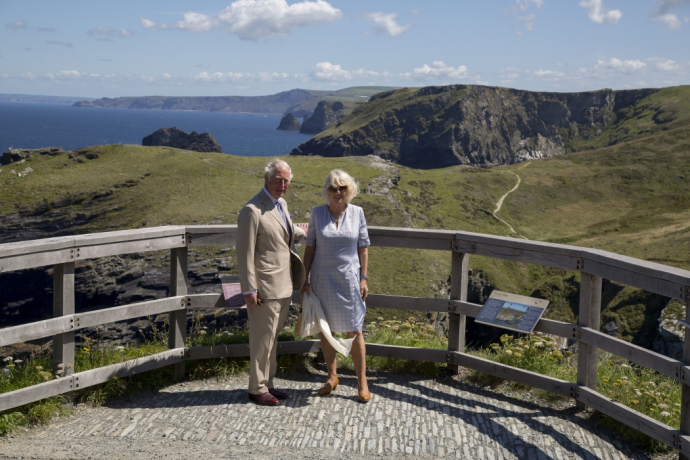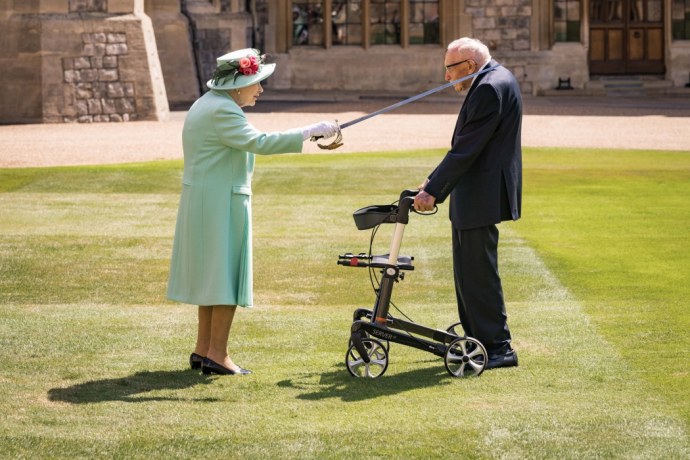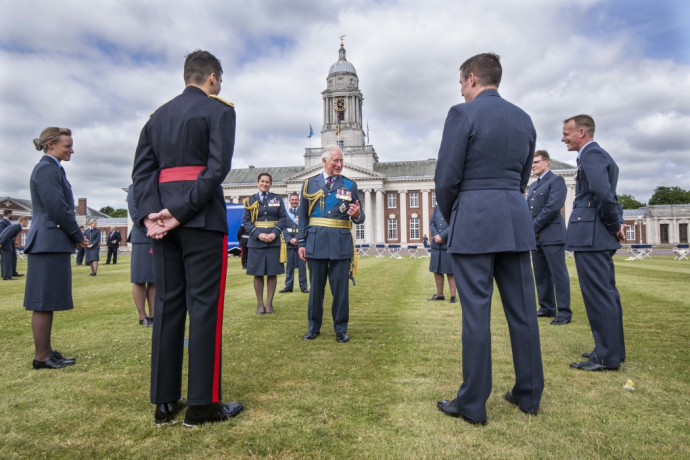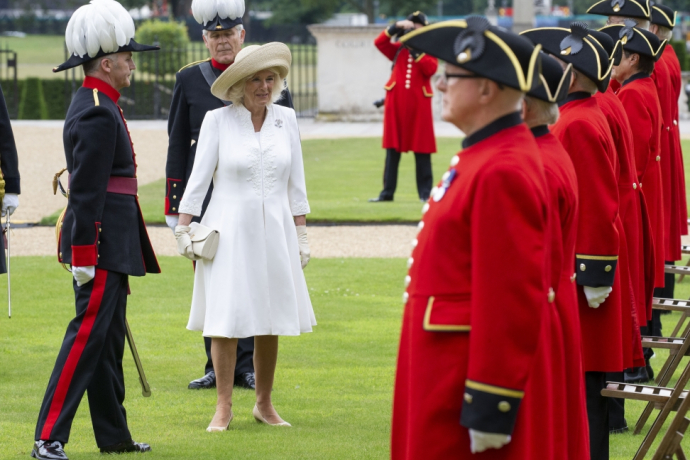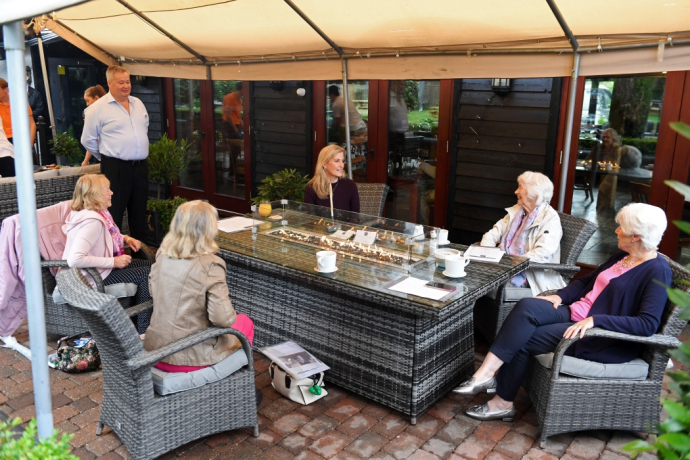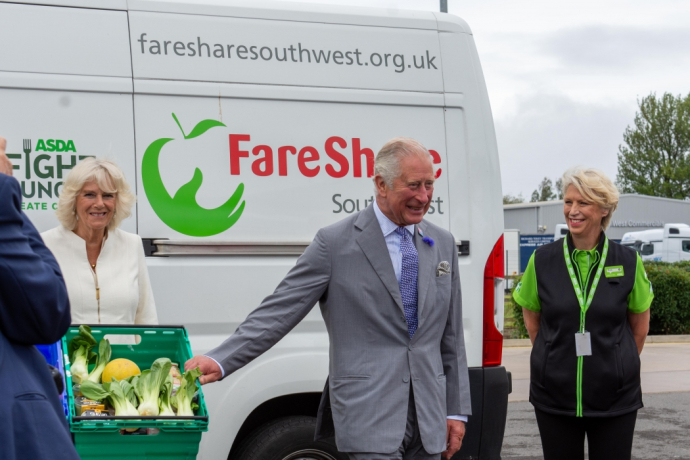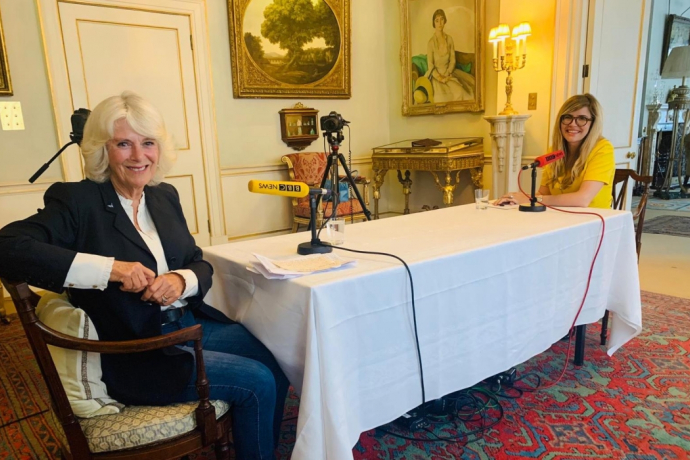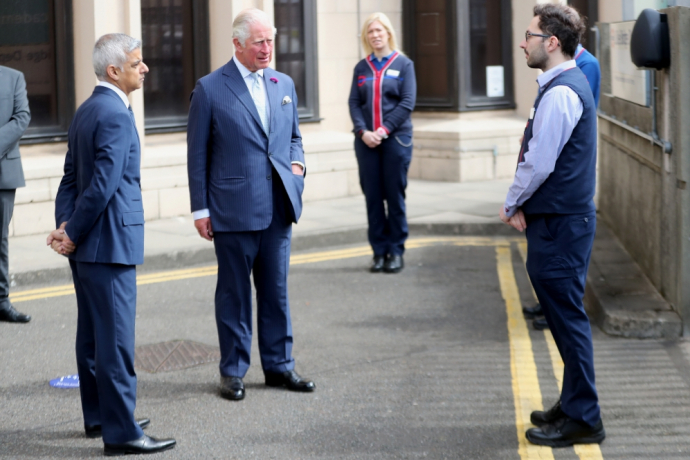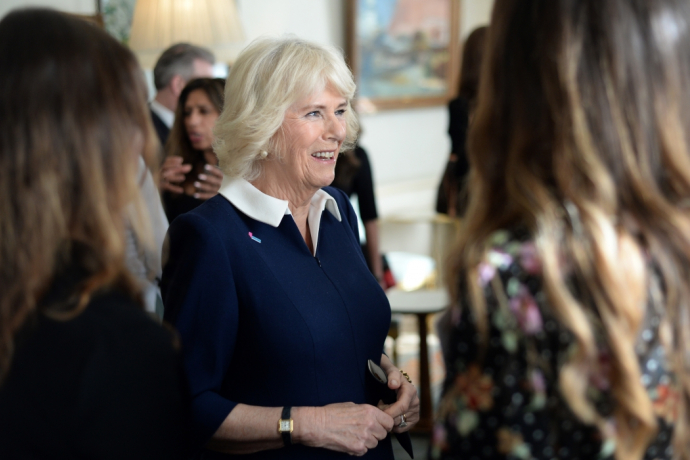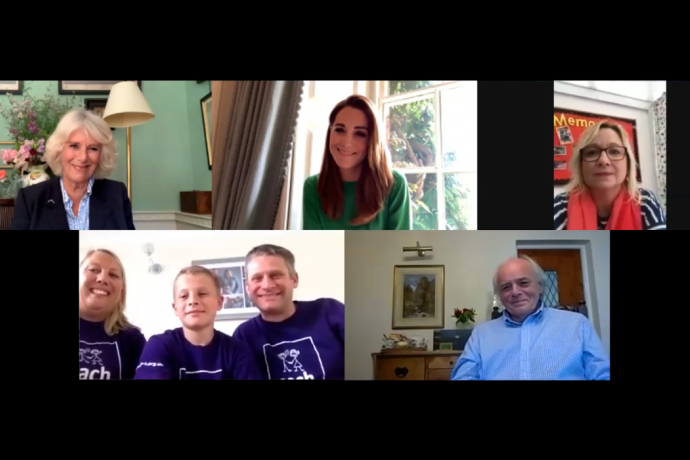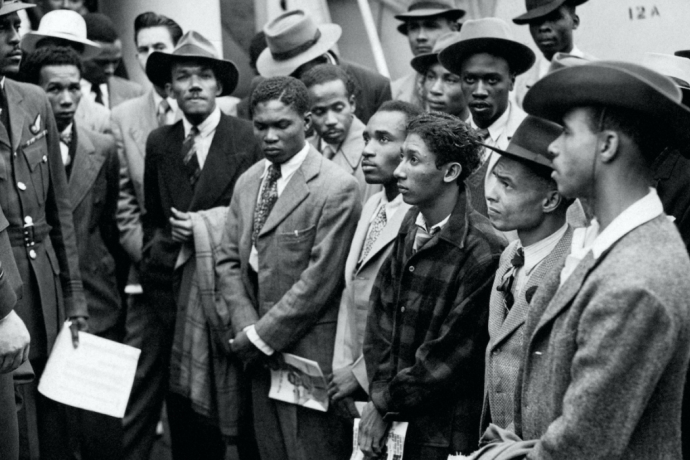The three Crown Dependencies have their own varying forms of self-administration, although the United Kingdom government is responsible for certain areas of policy such as defence and foreign affairs.
The Queen's special relationship with the Crown Dependencies is reflected by the titles she has in them.
Isle of Man
The Isle of Man lies in the Irish Sea, roughly the same distance from England, Scotland and Northern Ireland.
The Crown's personal representative is the Lieutenant Governor, who is appointed by The Queen on the advice of local representatives and who has delegated power to grant Royal Assent to legislation dealing with domestic matters.
The Isle of Man Parliament, known as Tynwald, consists of two branches: the Legislative Council (mostly chosen by the House of Keys) and the House of Keys (which has 24 elected members).
The Privy Council, is the body that passes legislation over which authority has not been delegated to the Lieutenant Governor, this is done via an order of 'Queen in Council'. , The Secretary of State for Justice and Lord Chancellor is the United Kingdom Government Minister who has responsibility for the Isle of Man and acts as the Privy Counsellor for Manx affairs.
The United Kingdom Government is responsible for the defence and international relations of the Island.
On 5 July each year Tynwald Court assembles in the open air on Tynwald Hill at St John's. During The Queen's most recent visit in July 2003, Her Majesty presided over the outdoor Tynwald ceremony.
The Queen is known in the Isle of Man as Lord of Mann.
The Queen has visited the Isle of Man on various occasions, most recently in 2003.
History and Background
The Isle of Man has the oldest representative government in the Commonwealth. The legislative system is thought to have been introduced around 800 AD when the Isle was part of the Norwegian Kingdom of the Isles.
The original Parliament, the Tynwald, consisted of the King, two advisers, the chief officials and council, and the Keys, which was a representative group 'of the worthiest men in the Island'.
In 1266, the island was ceded to Scotland, and England later acquired it by treaty under Edward I. The lordship of Mann was handed over to English lords in return for regular payments to successive monarchs.
From 1405 to 1765, the island was ruled by the Earls of Derby and later the Dukes of Atholl, as Lords of Mann.
The use of the island as a secure base for smugglers became such a problem that, in 1765, the British government gave the island its own legislature but required all customs and taxes to be paid into the British exchequer. The lordship reverted to the Crown and George III became Lord of Mann.
Channel Islands
The Channel Islands is comprised of two Crown Dependencies the Bailiwicks of Jersey and Guernsey. The Bailiwick of Guernsey is comprised of the Islands of Guernsey, Alderney, Sark and Herm.
Situated 10 to 30 miles off the north-west coast of France, the Channel Islands are not part of the United Kingdom. They are dependent territories of the British Crown, as successor to the Dukes of Normandy.
In each Bailiwick The Queen's personal representative is the Lieutenant Governor, who since the mid-eighteenth century has acted as the channel of communication between the Sovereign and the Channel Islands' government.
The two Crown Dependencies have their own legislative assemblies as well as their own administrative, fiscal and legal systems. They have wide powers of self-government, although primary legislation passed by the assemblies requires approval by The Queen in Council (Privy Council).
The United Kingdom Government is responsible for the defence and international relations of the Islands and the Crown is ultimately responsible for good governance.
In fulfilling its responsibilities to the Islands, the Crown acts through the Privy Council. The Secretary of State for Justice and Lord Chancellor is the Privy Counsellor and the minister responsible for the affairs of the Channel Islands.
In the Channel Islands The Queen is known as The Duke of Normandy. At official functions, islanders raise the loyal toast to 'The Duke of Normandy, our Queen'.
The Queen has visited the islands on various occasions, most recently in May 2005 to mark the 60th anniversary of their liberation from German occupation.
History and Background
The Channel Islands were part of the Duchy of Normandy when Duke William, following his conquest of England in 1066, became William I.
In 1106, William's youngest son Henry I seized the Duchy of Normandy from his brother Robert; since that time, the English and subsequently British Sovereign has held the title Duke of Normandy.
By 1205, England had lost most of its French lands, including Normandy. However, the Channel Islands, part of the lost Duchy, remained a self-governing possession of the English Crown.
While the islands today retain autonomy in government, they owe allegiance to The Queen in her role as Duke of Normandy.

